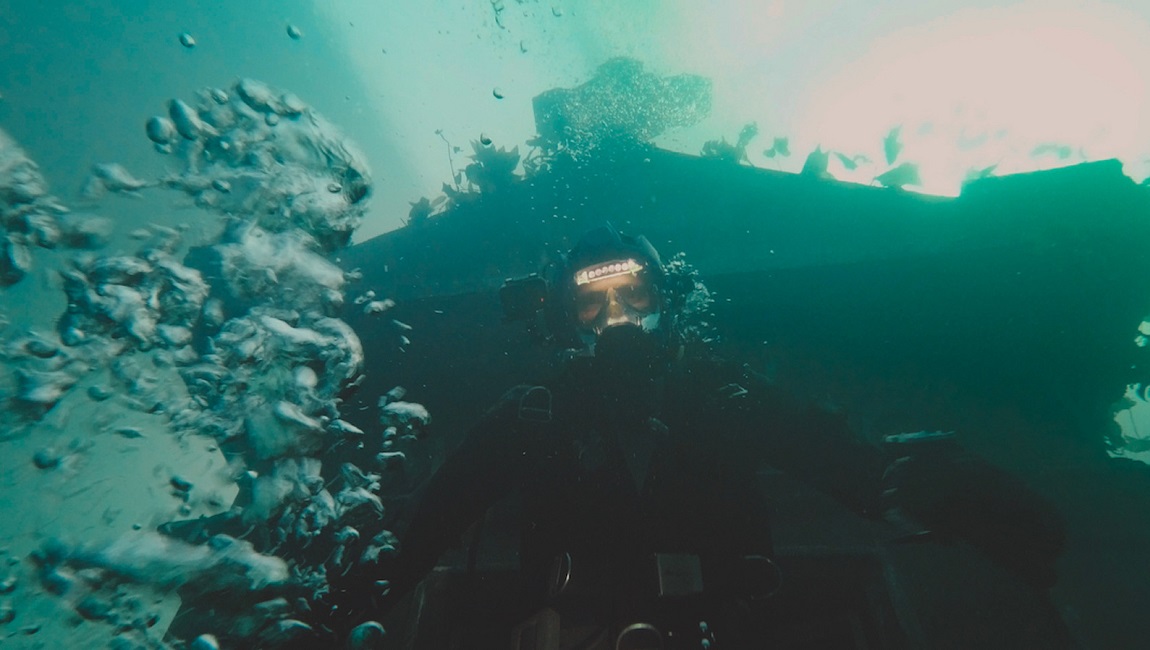Early in the second half of J.C. Chandor’s Triple Frontier, Ben Affleck’s character executes a South American cocaine farmer, lying on the ground, just moments after killing several others in a split-second act of self-defense. There’s plenty of violence to go around in the film, but this killing is markedly different. Instead of the clean efficiency, framed wide, of the action elsewhere, this execution is presented as a series of close-ups on Affleck and his victim, emphasizing the decision over the act and lending the scene a sense of probing psychology. This sensibility is the crux of Chandor’s project: there is less focus on the sensationalism that might be expected to accompany a heist film involving a South American cartel than on the professionalism of its subjects and the quotidian procedure of the task. In presenting its heroes as workers, their mission as a job, and highlighting every deviation from that ethic, there’s room for Triple Frontier to unpack the pathology of its disenfranchised military veterans.
As Triple Frontier traces the soldiers’ journey over the Andes with sacks full of money, the film’s colonialist relationship with the land and its people starts to become troubling.
It’s a somewhat novel approach, even rooted as it is in a long tradition of macho filmmaking that values work and male bonding over all else, but Chandor’s specific observations add up to little more than shallow clichés about American military men — and his eye proves less generous when it turns to South Americans. What worth, then, is the consideration of these soldiers’ moral failings if its victims are regarded as little more than obstacles? This might be par for the course in the film’s first section, where Santiago (Oscar Isaac) recruits his old military buddies into one last job murdering and robbing a Colombian drug lord. Then the heist goes wrong, thanks to the usual greed and hubris, and as Triple Frontier traces the soldiers’ journey over the Andes with sacks full of money, the film’s colonialist relationship with the land and its people starts to become troubling. Throughout the series of adventure movie tropes and ‘dudes being dudes’ hangout scenes that make up the movie’s back half, South Americans are given roughly the same treatment as a crumbling cliff face the men must traverse, not a single one escaping implication in the cocaine trade. Most are heavily armed. Even those characters the film looks kindly upon, like Santiago’s informant, Yovanna (Adria Ajona), are little more than plot devices exploited by the American adventurers — first for monetary gain, and then for pathos.
You can currently stream JC Chandor’s Triple Frontier on Netflix.







